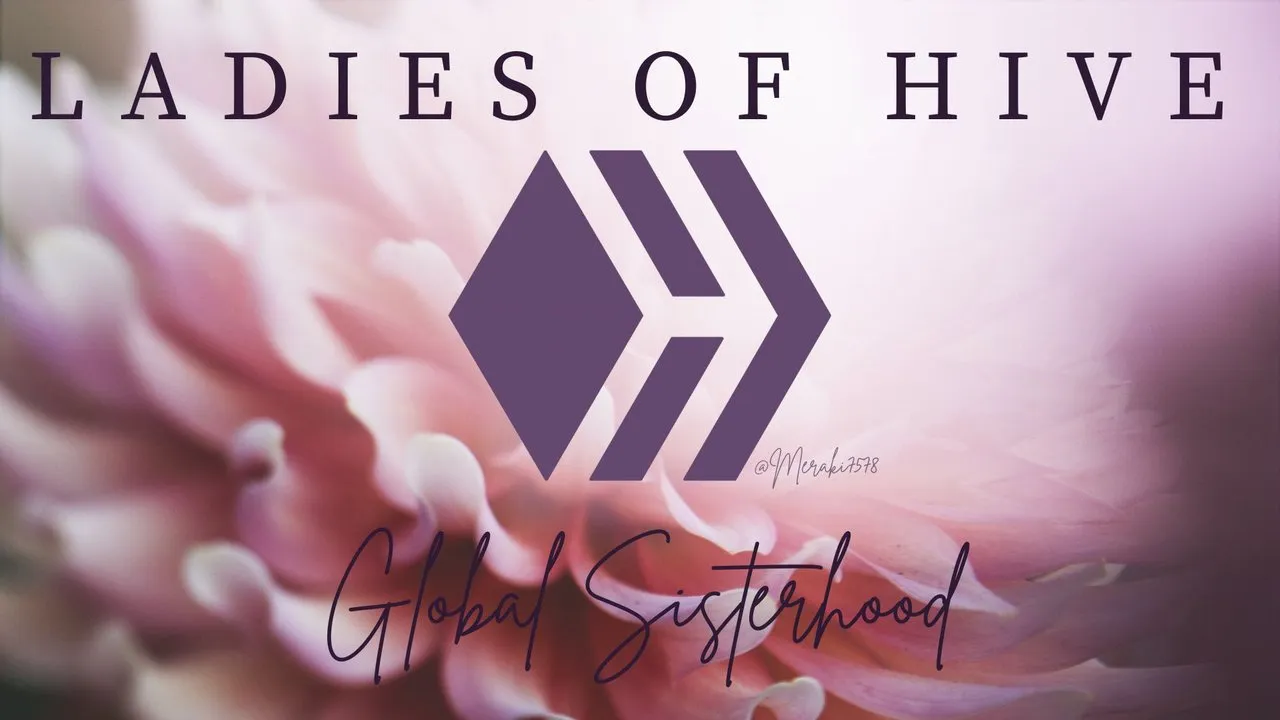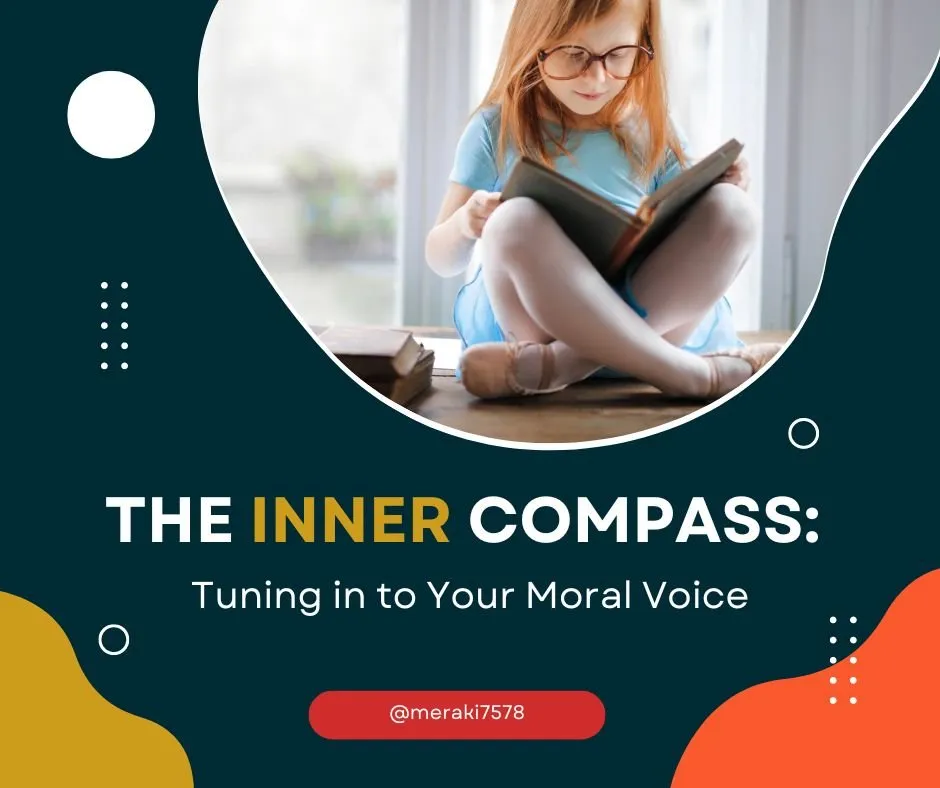
We feel calm when we listen to it because we know we're always doing the right thing, no matter how hard it is. That's a different story when we don't listen to it.
We always need more people who listen to their feelings and do what they believe. But it takes work to build a consciousness that works.
Character growth is all about having a heart. Parents and schools can teach kids about virtues like honesty, fairness, and responsibility through example, talk, and practice. But when things get tough, a child's conscience will decide if they will use these qualities when needed.
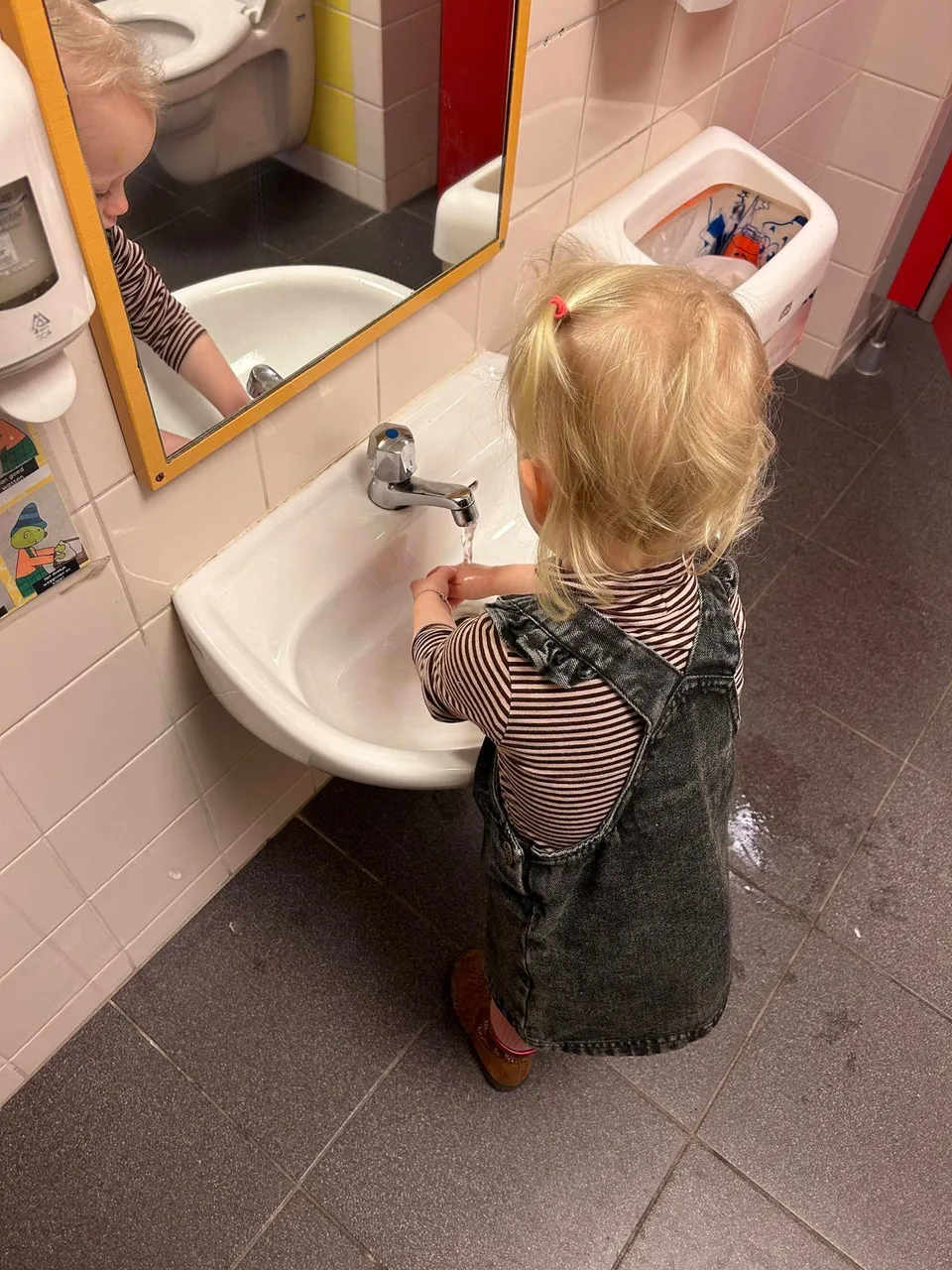
But teachers also have a great chance to build on kids' work at home. Schools, with all their differences, are the best places where students can learn and use the skills they need to listen to their conscience and act on it. Where should we begin?
How can we tell if a teen is starting to feel guilty?
For instance, a child's conscience is present when they feel unhappy watching a friend mistreat her mother. The kid knows it's wrong to talk to a parent that way because he can feel it in his body. He has chosen to act on his morals if he tells his friend that what she did was wrong.
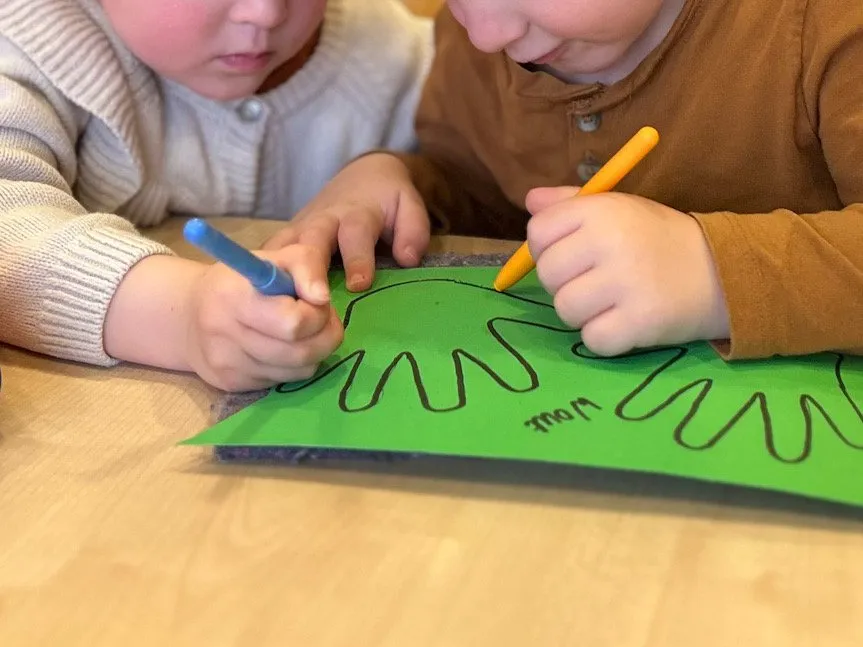
Kids need to learn these skills, which might take a lot of work, but it's good for them and society.
What can teachers do to help their children understand right and wrong?
If a parent shows love and warmth toward their child, creating a safe and trusted bond, they are more open to their efforts and more likely to follow their instructions.
The same is true for teachers. Think about the teachers you've had. Which ones did you follow through with? The teachers took the time to get to know you and were friendly and easy to talk to. Also, they are watching to see if you deal with disagreements fairly and correctly.
Students are more inclined to listen to and accept your guidance if you demonstrate that you care about and respect them.
Every teacher knows that students and teachers often have very different ideas about what happened. It's fine. From a very young age, kids work hard to understand how the world works and the rules. It is tricky to find the link between their actions, how adults react to them, how they affect others, and moral feelings like guilt.
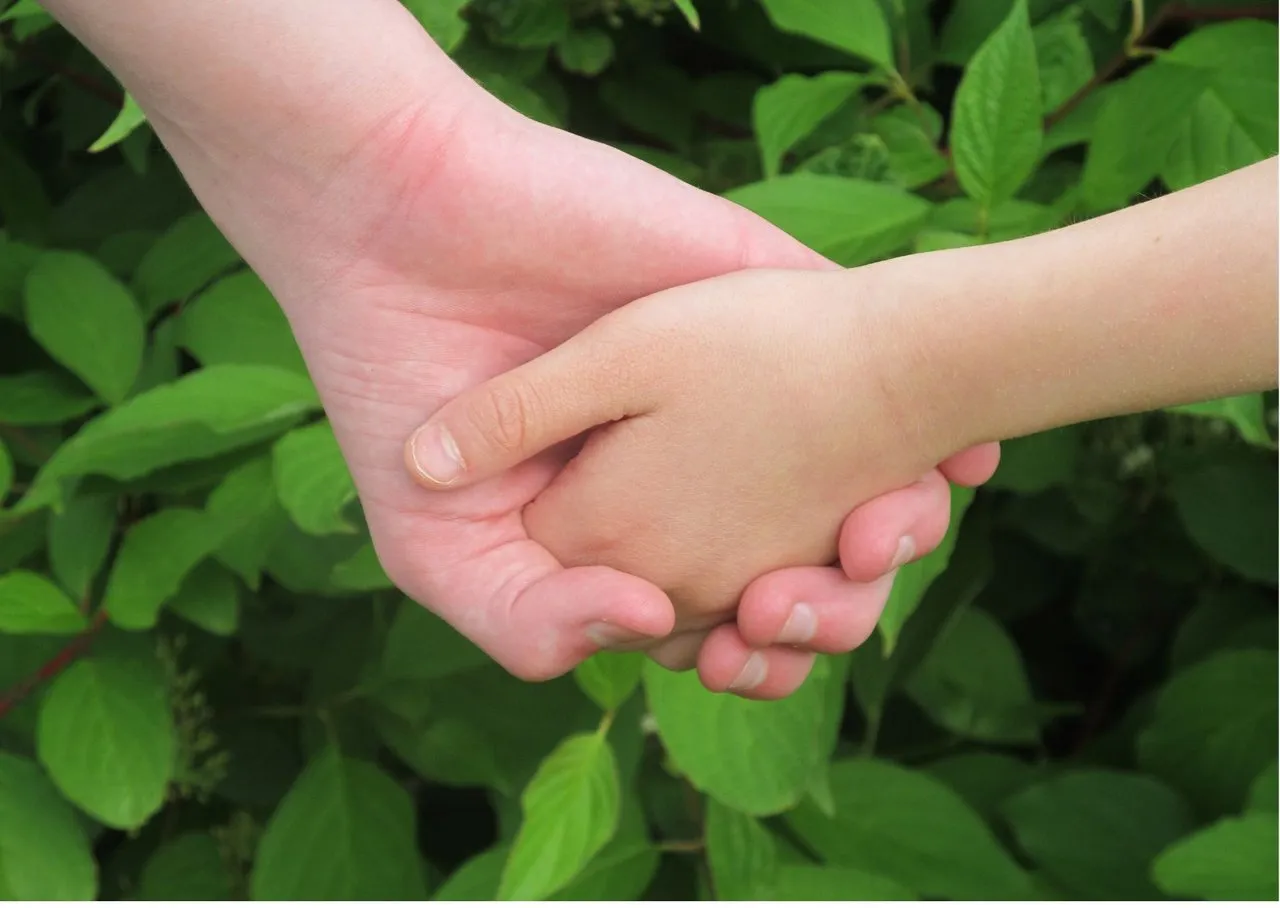
But as kids get older, especially when they start middle school, their friends must participate in these talks. As they get older, they begin to question and test the moral rules against the rules that they think are set arbitrarily by adults.
Adults know that the world does not have strict rules that everyone must follow. Kids also need to learn this, and they need chances to practice and grow the knowledge to help them deal with challenging moral problems. It will also help them understand how to follow the rules and determine their core ideals.
We have many identities, including those based on race, religion, politics, society, money, gender, sexuality, and more. Moral identity, or how important being a good person is to our sense of self, is the one identity experts say is most important for doing the right thing.
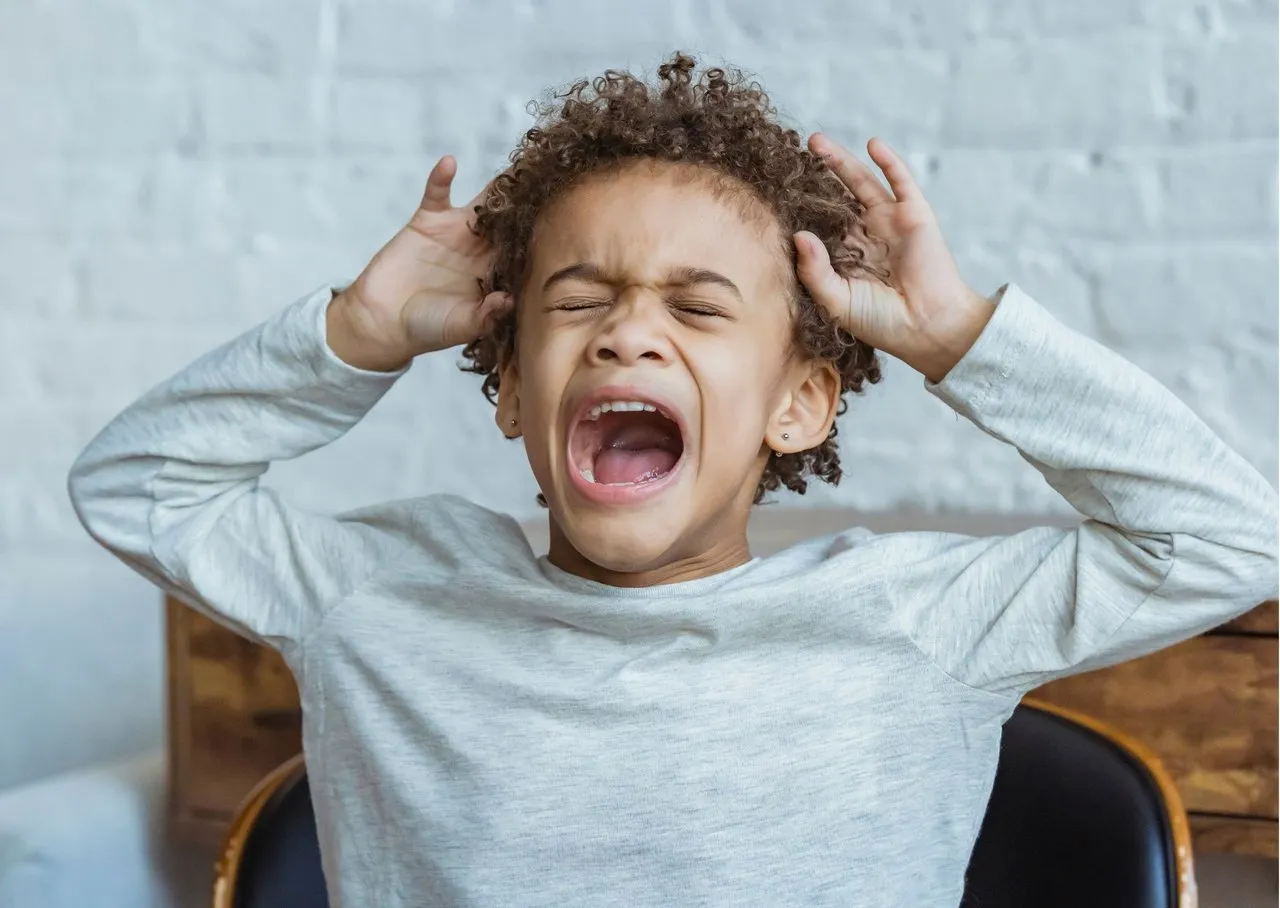
Teachers need to help their students believe that they are good people. It's okay to compliment kids on their behavior!
Another way to help students develop a moral identity is to give them easy clues, like having them read lists of ethical rules or write stories using moral language. Giving students time to think about their community service experiences and doing it with other students can also help them develop their morals and sense of who they are as moral people.
It is the vital inner work of developing your awareness. It has many parts, starting with developing your mental skills.
Most of the time, our conscience shows up as guilt and other socially oriented feelings that help us understand that we have done something wrong or that other people are hurting. Students may acquire empathy for others, an essential aspect of conscience, by learning to identify and comprehend these emotions.

What should you do to be happy?
Kids may become more physically aware with care, which can help them pay more attention to what their bodies are telling them and, as a result, better understand how they feel. People learn to be more aware of their deep, honest, and psychological feelings through care. Eventually, they may know that inner peace means a clear conscience, and discomfort implies something is wrong.
Last but not least, we need to teach kids how to control themselves. They might not be able to follow what their conscience tells them if they don't have it. As an example that applies to most people, think of a time when your morals told you not to buy something you wanted because it came from a company that didn't support your beliefs. Did you give up? If you didn't, praise your ability to hold back.
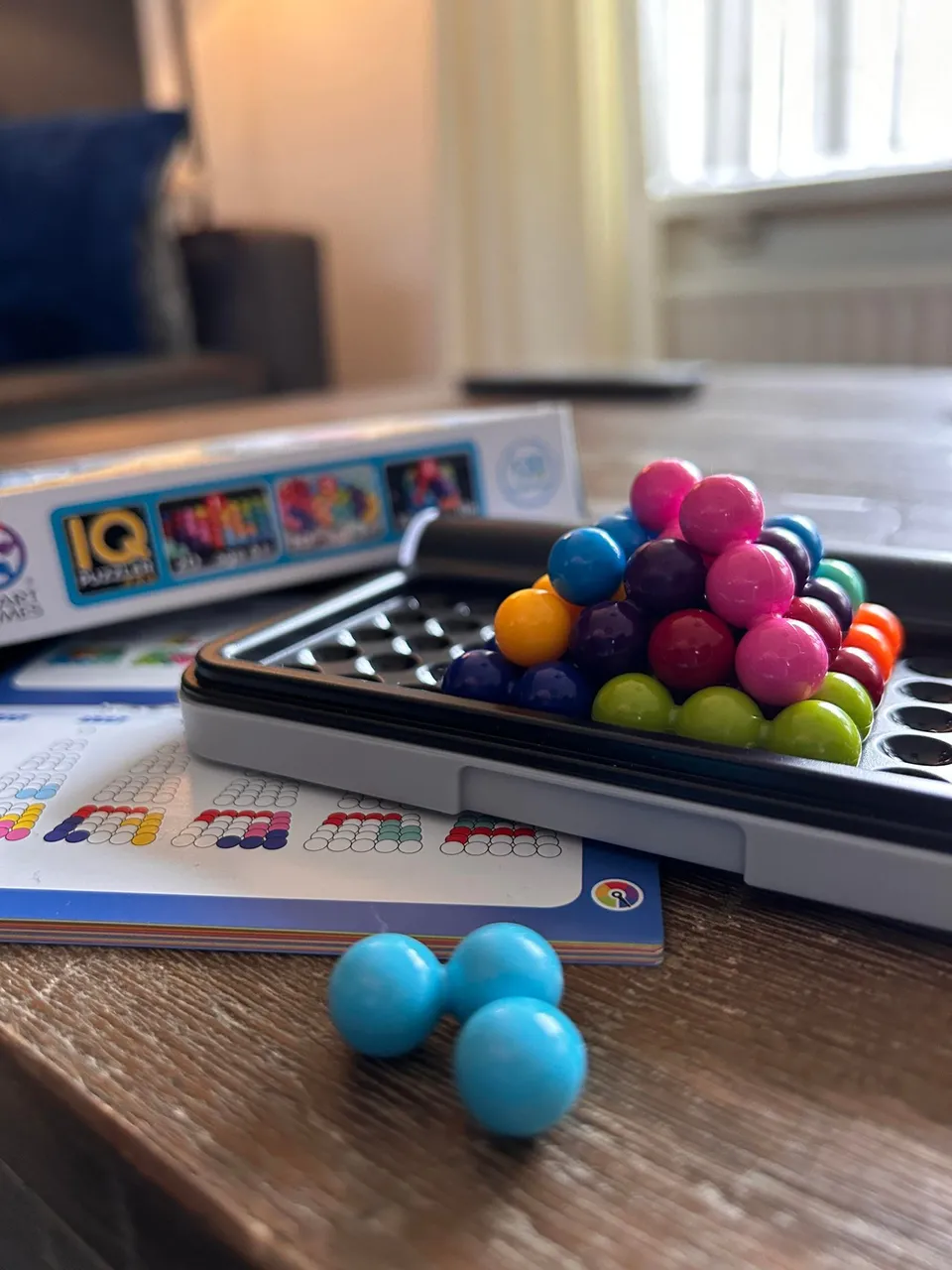
There is no easy way to learn to listen to your feelings. It can and will hurt. We may reach that point if enough of us know to pay close attention to our sense of right and wrong.
@meraki7578 💚
📷 Photos 1, 2 & 6: Shot and owned by me with an Iphone 14
📷 Thumbnail, photos 3, 4 & 5 : Created with Canva



